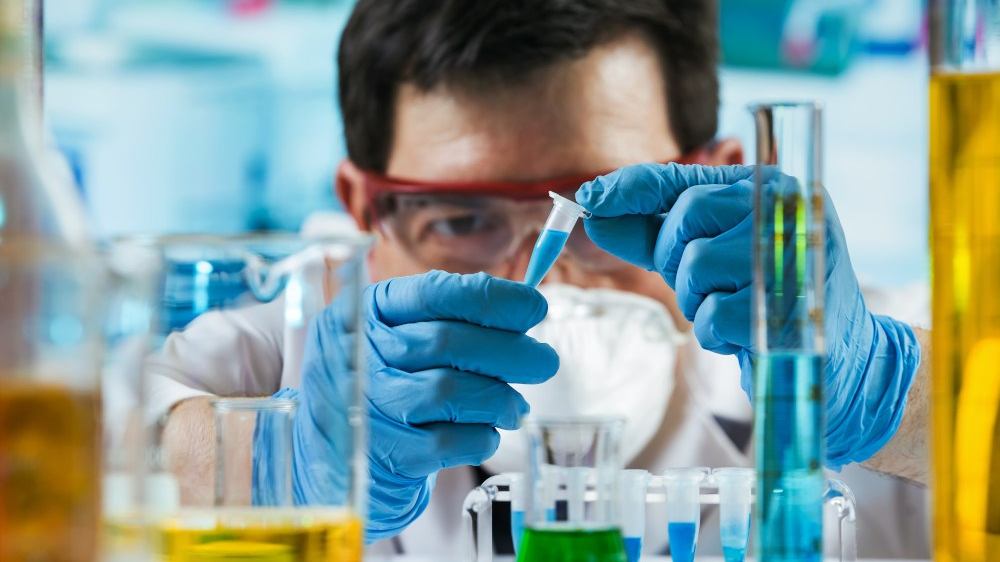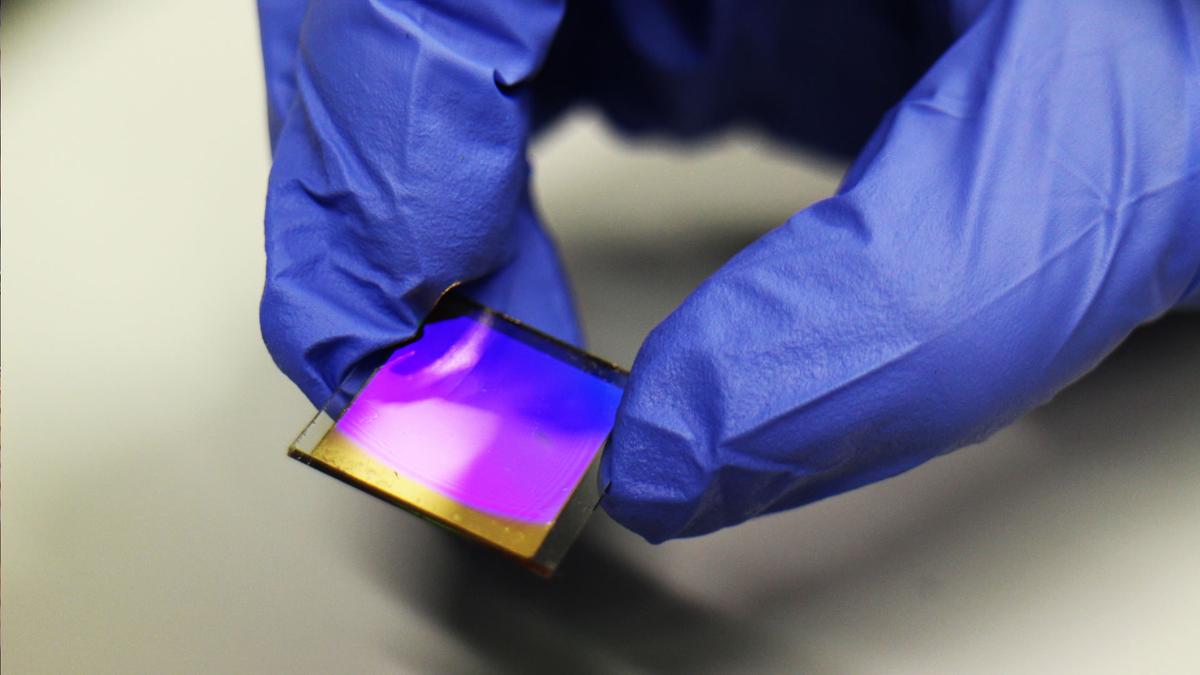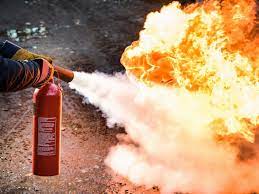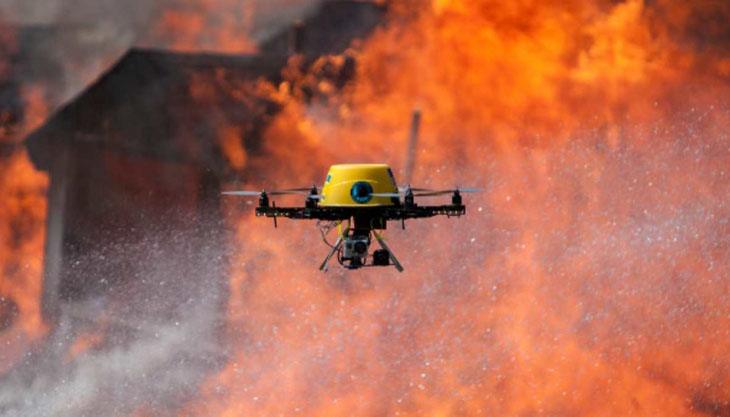Chemical Engineering involves the industrial application of chemicals to new inventions or to improve the world. Chemical engineers use microbes to produce pharmaceuticals and chemicals, develop new energy sources, create artificial organs, and design the next generation of polymers.
Chemical engineering involves creating products from raw materials using chemical reactions. This field of study combines science and mathematics with product manufacturing and mass production. Using scientific research, analysis, and innovations, companies can develop multiple ways to cut production costs, create energy-efficient solutions, and consider other environmental factors to optimize and maximize their manufacturing capabilities.
Chemical engineers affect the production of almost every article manufactured on an industrial scale. Some typical tasks include:
- Ensuring compliance with health, safety, and environmental regulations.
- Designing and planning equipment layout.
- Incorporating safety procedures for working with dangerous chemicals.
- Monitoring and optimizing the performance of production processes.
- Estimating production costs.
Why this is important:
Chemical engineering is responsible for fulfilling everyday needs such as clothes, food, and energy. Chemical engineers devise these production processes while also remaining mindful of managing resources, adhering to health and safety standards, and protecting the world’s environment.
Related stories:
- https://www.acs.org/careers/chemical-sciences/areas/chemical-engineering.html
- https://cheme.stanford.edu/academics-admissions/where-do-chemical-engineers-work
Take action;











